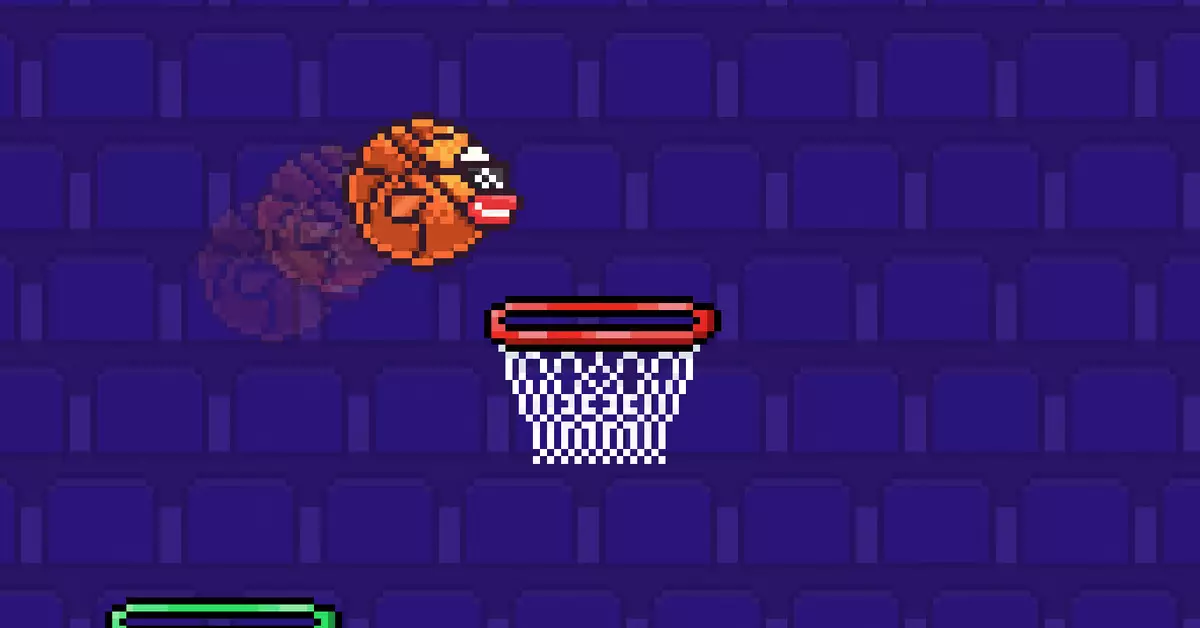The gaming community has recently been abuzz with the announcement from the Flappy Bird Foundation regarding the revival of the iconic game Flappy Bird. However, the situation surrounding this so-called reunion is shrouded in controversy and confusion. Original developer Dong Nguyen, who created the game, has made it clear that he is not involved in this new iteration, contradicting the foundation’s narrative of a grand resurgence. This raises important questions about the authenticity of the revival and the intentions behind it.
Nguyen’s announcement on X, asserting that he had not sold any rights, underscores a significant aspect of this situation: ownership. The Flappy Bird Foundation claimed to have secured the rights from Gametech Holdings, LLC, which had acquired the trademark from Nguyen. This transaction is complicated by Nguyen’s earlier trademark issues; in January 2023, the U.S. Patent and Trademark Office ruled that his trademark had been abandoned. The whole affair highlights the often convoluted relationship between creators and corporate entities in the gaming industry, raising ethical questions about trademark acquisition and the treatment of indie developers.
The Flappy Bird Foundation’s promotional strategy heavily relies on nostalgia, reminding gamers of the original version’s meteoric rise and rapid disappearance. Their trailer leans on emotional appeal, evoking memories of a simpler time in mobile gaming. Yet, without Nguyen’s involvement, this attempt at nostalgia feels somewhat disingenuous. While the foundation is certainly tapping into a beloved cultural moment, the lack of the original creator’s input may alienate fans who remember the game not just for its mechanics but also for its creator’s vision.
Complicating matters further is the potential incorporation of cryptocurrency and Web 3.0 elements into this new iteration of Flappy Bird. Details regarding this aspect are limited, but cybersecurity researcher Varun Biniwale’s exploration of the Flappy Bird website reveals a possible fusion with the Solana blockchain. This invites a dialogue on the evolving nature of gaming, where traditional gameplay intersects with new financial models. However, this shift raises critical questions about accessibility: Will the integration of crypto features create barriers for players who are less tech-savvy or resistant to new technologies?
As the gaming world awaits the release of Flappy Bird on iOS and Android, skepticism abounds. The absence of its original developer speaks volumes, and many gamers are left wondering if this revival is merely a cash grab banking on nostalgia, or if it is a legitimate effort to reignite the Flappy Bird flame. The blending of traditional mobile gameplay with blockchain technology could either revolutionize the experience or render it unrecognizable. As it stands, the return of Flappy Bird is not the straightforward comeback we might have hoped for, but rather a complex tapestry of legal battles, marketing strategies, and technological advances that invites both intrigue and caution. The real measure of success will not only be in the game’s popularity but in how it respects its origins while navigating this new digital landscape.

